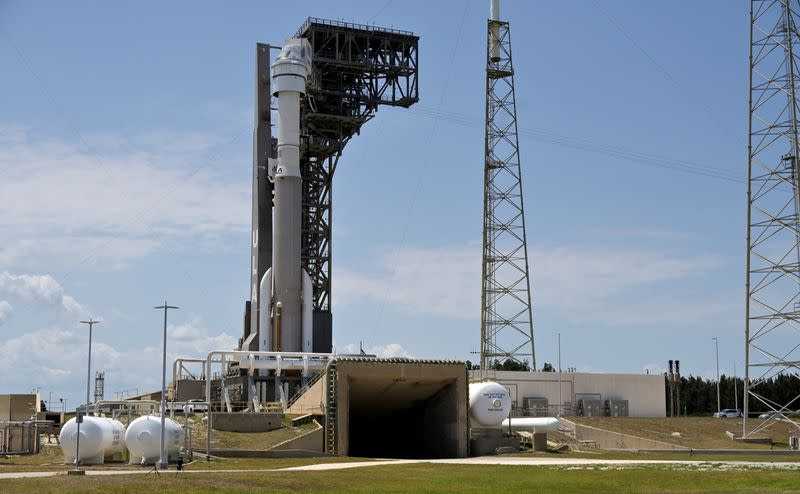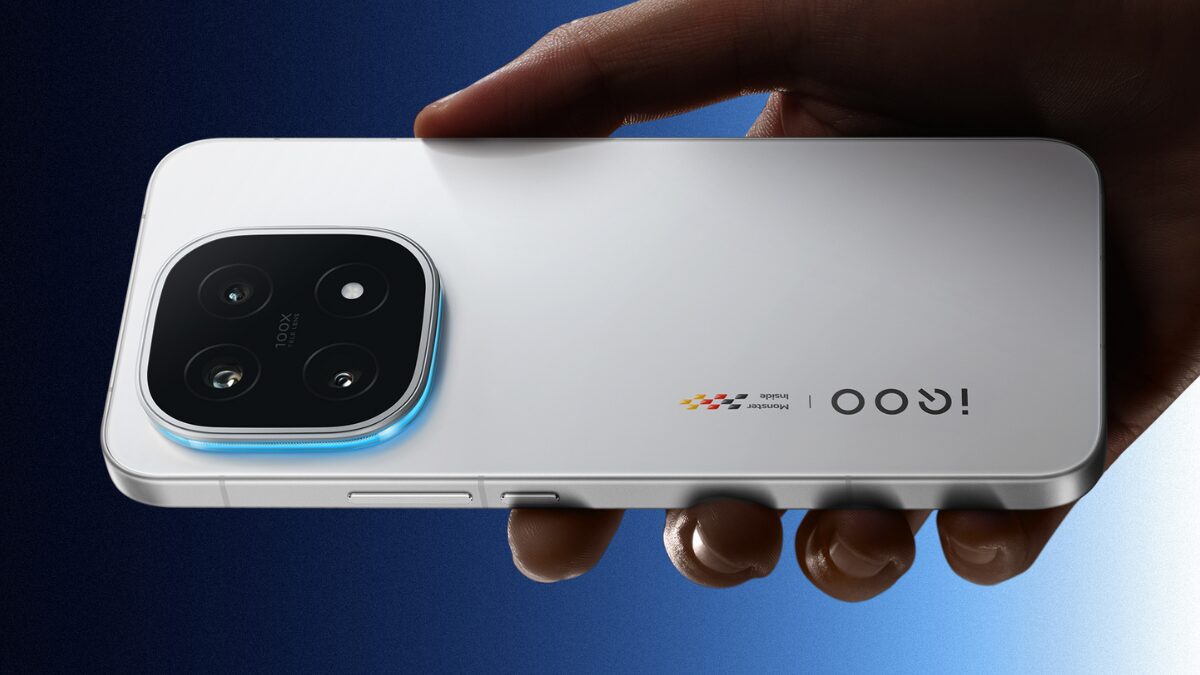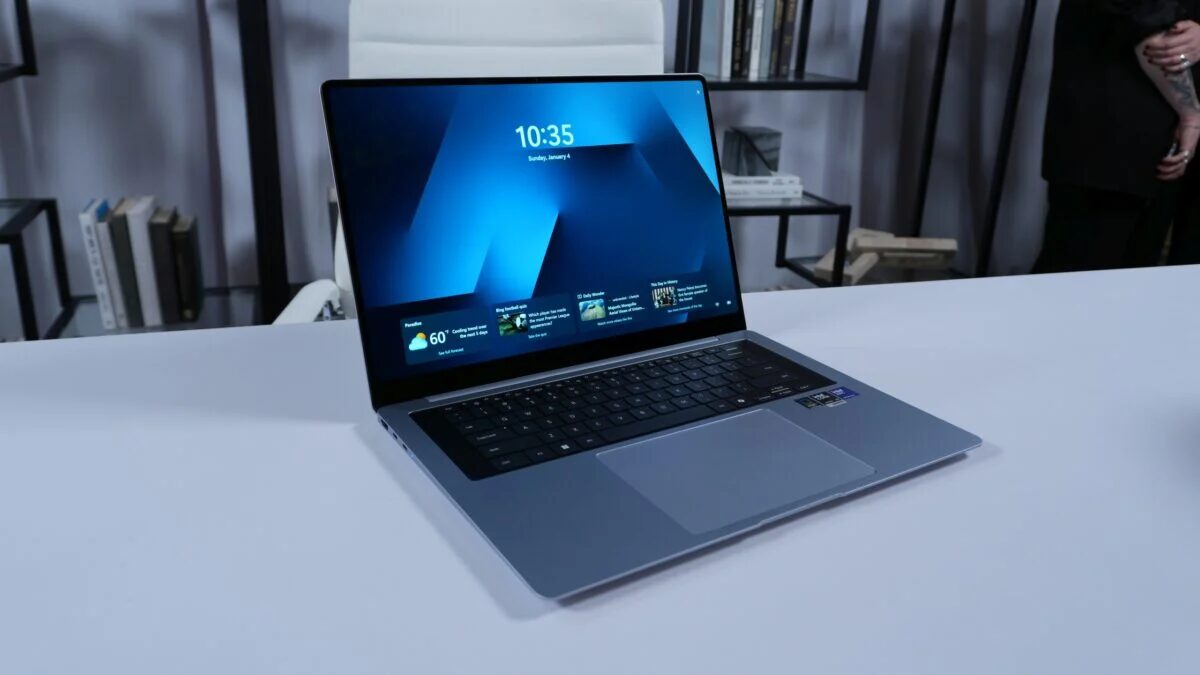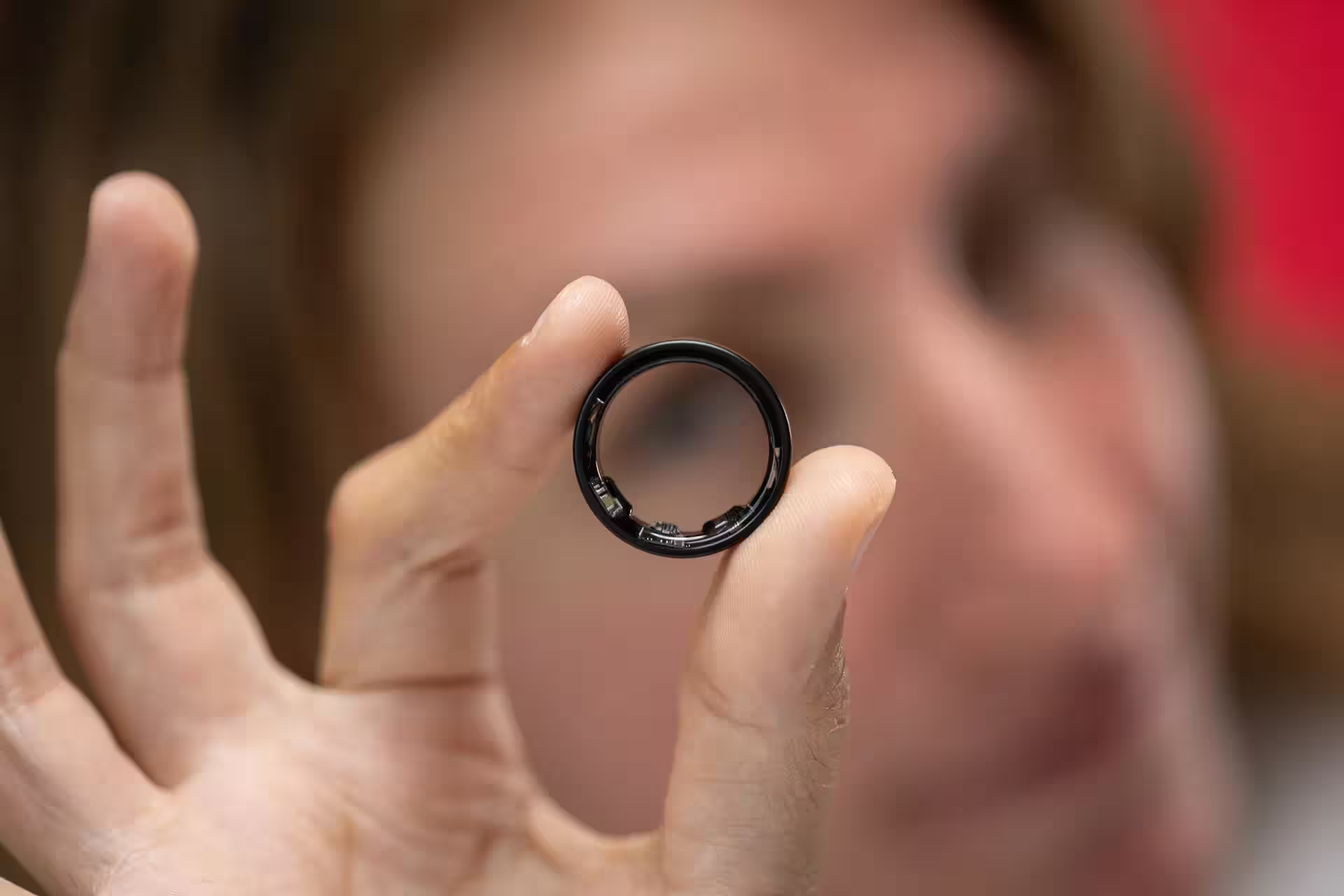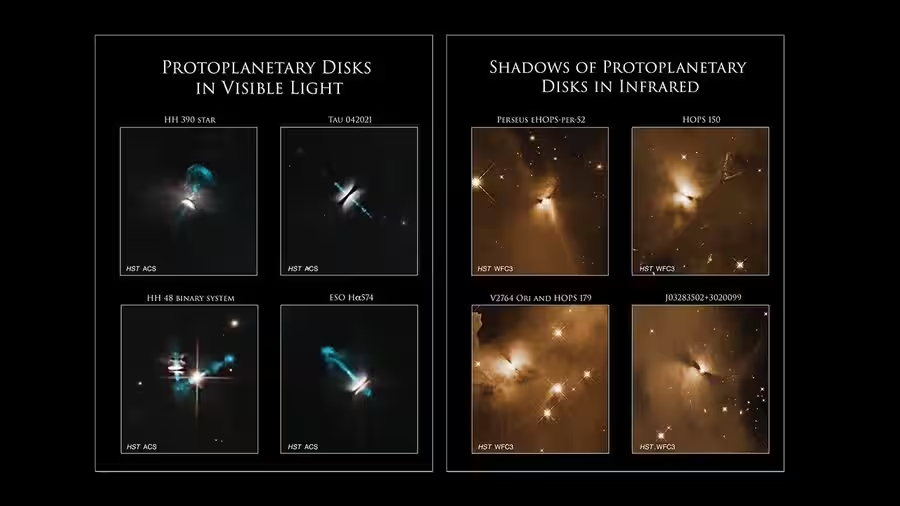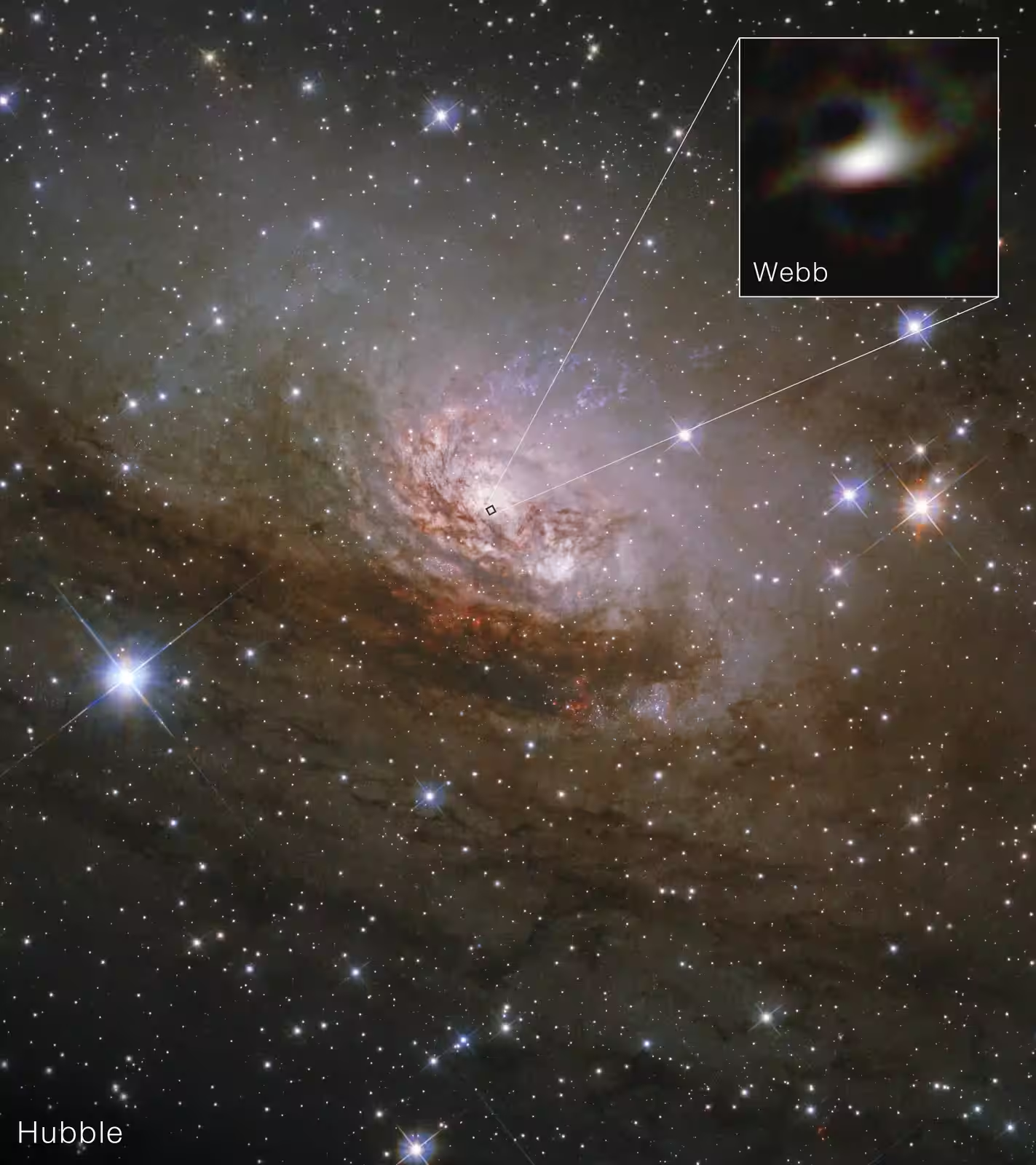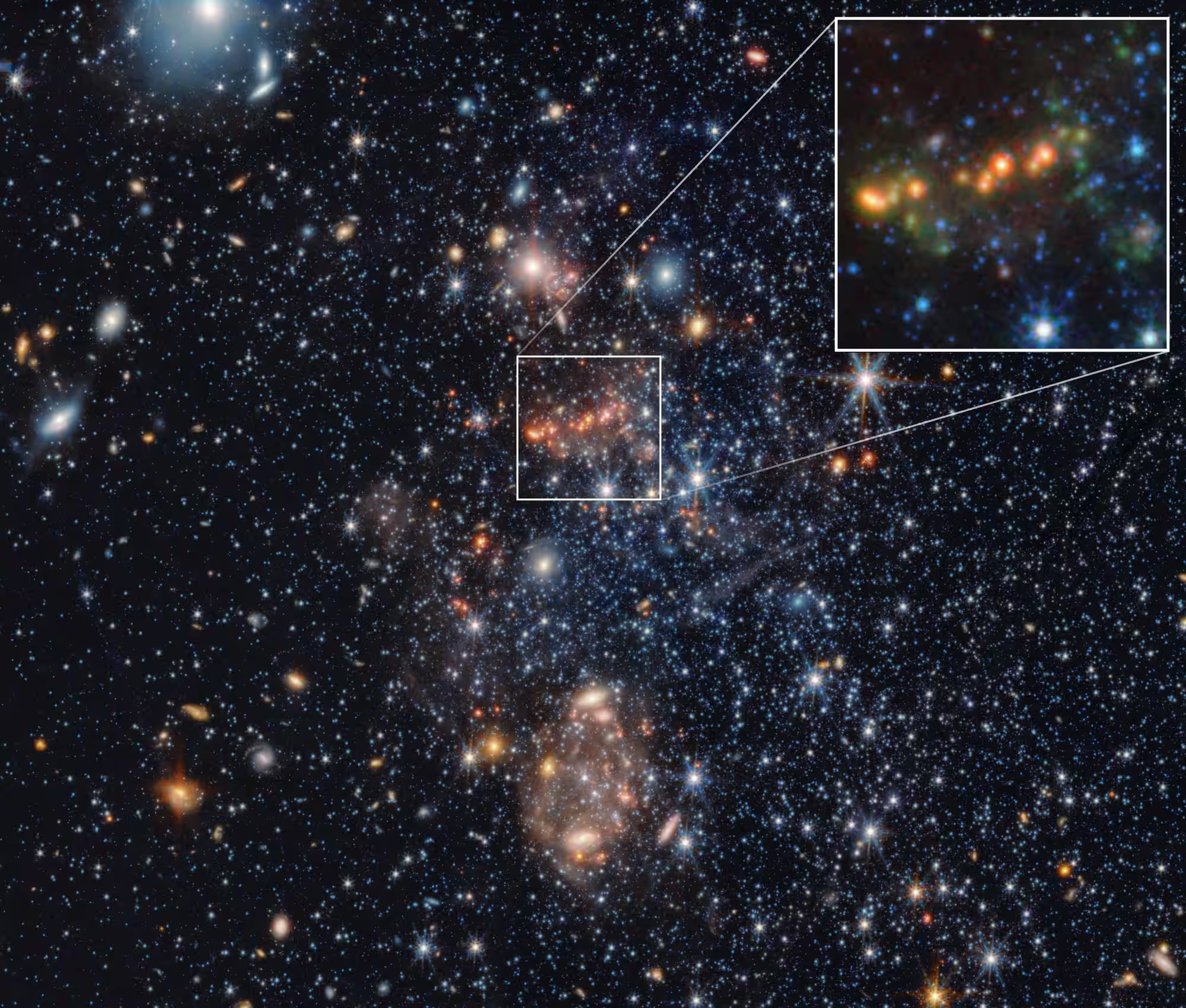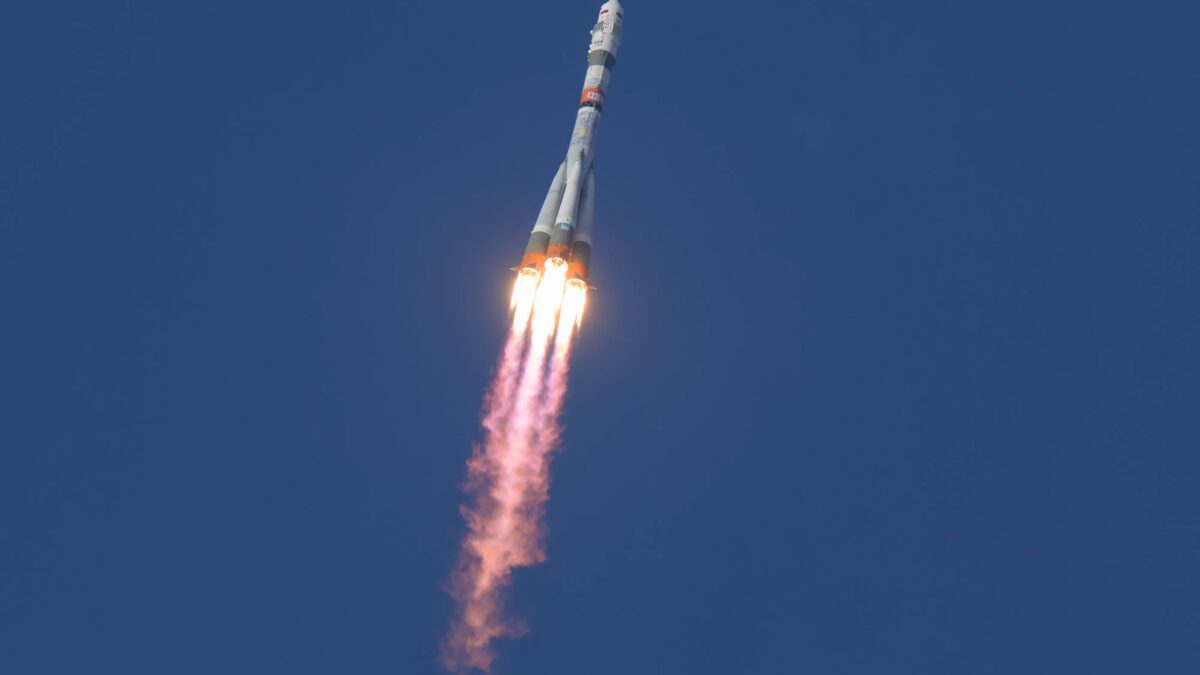Helium leak in Boeing Starliner causes another first flight delay
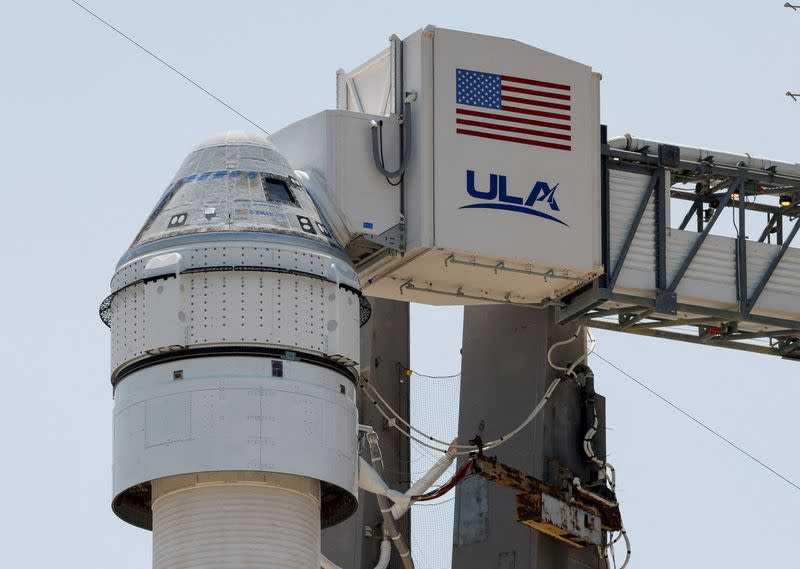
NASA again postponed the debut flight of Boeing’s Starliner crewed capsule Tuesday so engineers can spend more time evaluating a helium leak in the spacecraft’s propulsion system, the agency said in a statement. The launch, previously set for May 25, has now been postponed and the next possible launch date is being discussed, the statement said.
The launch is now on hold and the next possible launch date is being discussed, the statement said.
«The team met for two consecutive days to evaluate flight justification, system performance and redundancy» — NASA said in a statement. «Work in these areas has not yet been finalized, and the next possible launch is still under discussion».
And the next possible launch is still under discussion.
The latest postponement of Starliner’s debut flight with a human on board comes after mission officials stepped up checks on a helium leak in Starliner’s propulsion system that was discovered along with a problem in the Atlas booster shortly before the spacecraft was ready to launch from Florida on May 7. The Atlas rocket is built by United Launch Alliance (ULA), a Boeing-Lockheed Martin (LMT.N) joint venture.
The Atlas rocket is built by United Launch Alliance (ULA), a Boeing-Lockheed Martin (LMT.N) joint venture.
Two NASA astronauts, Sunny Williams and Butch Wilmore, will travel on Starliner as the first crew to the International Space Station after years of delays, technical problems and two uncrewed demonstration flights — a failed one in 2019 and a successful one in 2022.
The Starliner will fly as the first crew to the International Space Station after years of delays, technical problems and two uncrewed demonstration flights — a failed one in 2019 and a successful one in 2022.
With two test pilots on board, the flight will be Starliner’s last checkout test before NASA certifies the spacecraft for regular crewed flights to and from the ISS. SpaceX’s Crew Dragon spacecraft, developed under the same NASA program, has been NASA’s primary vehicle for the ISS since 2021.
SpaceX’s Crew Dragon spacecraft, developed under the same NASA program, has been NASA’s primary vehicle for the ISS since 2021.

